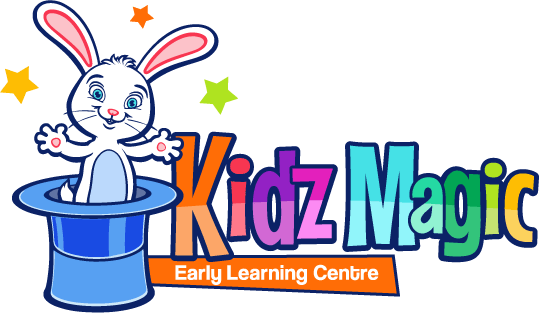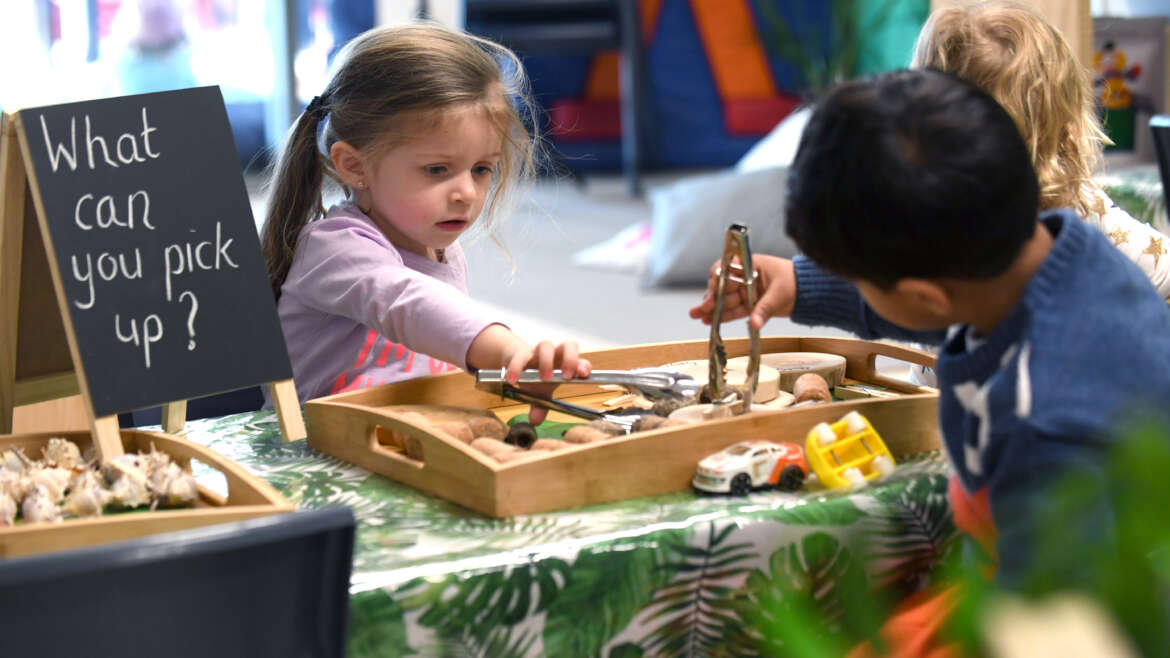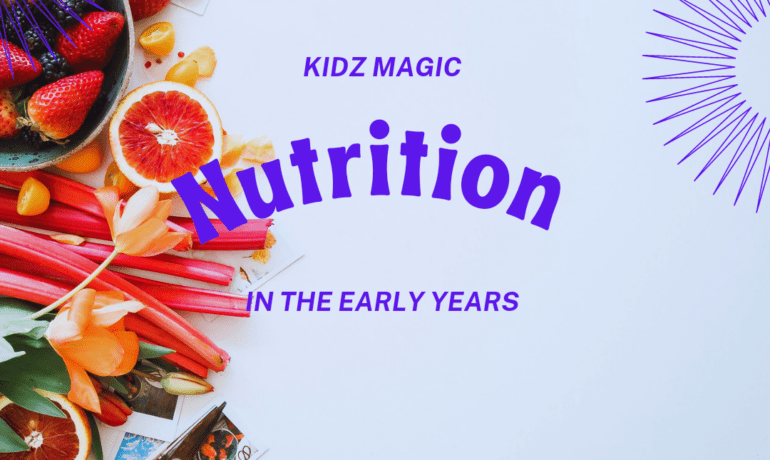Welcome to a world where play shapes the future. At Kidz Magic Early Learning Centre, we understand that play is an important part of early childhood. Play is essential to the development of a child because it contributes to cognitive growth and the formation of neural pathways, supporting brain development. It promotes the holistic development of a child, encompassing cognitive, physical, social, and emotional well-being.
Today’s children need to be well-prepared to be tomorrow’s leaders. Play helps children develop new competencies that lead to enhanced confidence and resiliency that children will need to face future challenges.
Understanding Learning through Play
Play however can often be overlooked.
It’s important that our philosophy at Kidz Magic Early Learning Centre focuses on a play based curriculum and that our early childhood educators advocate the need to ensure play is protected as it balances a child’s lifestyle and is the optimal developmental milieu (environment).
“Learning through play” involves engaging children in activities that are both enjoyable and educational. This approach harnesses the natural curiosity of children, turning every interaction into an opportunity for developmental growth across cognitive, physical, social, and emotional domains.
By incorporating collaborative and experiential learning, play-based curriculum exemplifies active learning, which is crucial for enhancing cognitive development and socio-emotional skills in children during formal education. Children’s play, characterised by creativity and imagination, fosters exploration and learning, differing from structured work by being self-directed and intrinsically motivated.
Studies in developmental psychology have documented the crucial role of play in cognitive development and the formation of neural pathways (“The Role of Play in Children’s Development,” American Journal of Play, 2015).
Global Endorsements and Early Childhood Education Standards
Internationally recognised, the right to play is protected under the United Nations Convention on the Rights of the Child.
In Australia, the Early Years Learning Framework (EYLF) champions play-based learning, emphasising its role in a well-rounded educational experience.
Play-based learning is described in the EYLF as “a context For learning through which children organise and make sense of their social worlds, as they actively engage with people, objects and representations” (EYLF, 2009, p.46). This approach not only promotes children’s learning through engaging activities but also supports essential skills like communication, problem-solving, and emotional regulation.
Additionally, cooperative learning is integrated into play-based learning, fostering teamwork and social skills within structured activities.
Modern Barriers to Imaginative Play
We are seeing the importance of play slowly diminishing, outside the Early Childhood Education and Care services. Some of the contributing factors to this in today’s society are:
- A hurried lifestyle
- An increased attention to academic pressures of surrounding society
- Media coverage
- Use of technology – iPads, phones etc
Reports from child development institutes highlight how digital distractions and overscheduled lifestyles are leading to a decrease in quality playtime, impacting children’s developmental opportunities (Child Development Institute, 2018).
Kidz Magic’s Play-Based Curriculum
With the ever-changing world, we emphasise the importance of learning through play at our service. Taking play away and focusing on clear-cut experiences can have implications on children’s ability to store new information.
When children play, they experience a range of developmental benefits, including problem-solving and social skills. The cognitive ability of clear-cut experiences reduces the child’s ability to think outside the box and does not support their creativity and imagination to flourish. Through play children learn how to interact, take risks, play in small or large groups, negotiate, share, resolve conflicts, make decisions and discover their own passions.
Children are curious when ‘free’ to play and through play they continue to learn and develop. Pretend play, in particular, enhances children’s development, especially in social skills and creativity. Play based learning is an essential tool to developing essential life skills. It is through play that children start to interact with the world around them. A play-based approach involves both child initiated and educator assisted learning.
The Benefits of Learning through Play for Cognitive Development
We maximise the children’s full benefits of play with a carefully planned environment that supports a child’s development across various dimensions, including physical, social, emotional, and cognitive growth.
Provocations – we deliberately set up thoughtful learning play spaces to stretch the ideas of the children. Our educators encourage children’s learning and inquiry through interactions that aim to extend a child’s thinking. This allows children to learn to be inventive, Flexible thinkers and encourages them to plan and reflect.
Open -Ended Experiences – experiences that are not clear-cut, materials that create a never ending use so that play can be richer and more complex. These should be experiences that enable children to explore, investigate, problem solve and represent their understanding. Children can use any object For their imaginative play and are not discouraged. Stencils are not used within our service.
Flexible Learning Environment – children are given the option to leave areas set up and return to their play at a later stage. Flexible meal times have created an unhurried atmosphere. Children do not find the need to leave their play to meet routine times. Having a Flexible approach with routines and meal times creates a sense of calm within the environment, and we have found children’s concentration levels to have increased.
Play is a simple joy that is a cherished part of childhood. Play facilitates children’s development by enhancing key skills such as social, cognitive, and emotional abilities. Children deserve the right to quality education and the memories of play through their early childhood years that have contributed to who they are today.
Tips for Parents
To extend learning through play at home, we recommend creating a playful learning space free from digital interruptions. Incorporate games that involve counting, sorting, or storytelling to continue promoting cognitive skills in a fun and engaging way.
Conclusion
Learning through play is more than just child’s play; it’s the foundation of lifelong learning and development. At Kidz Magic Early Learning Centre, we are dedicated to providing a nurturing and stimulating environment where play translates into growth.
Visit us or contact our team to see how we make learning through play a joyful journey for every child. Explore how our centres in Heathwood, Meadowbrook, Mango Hill, Capestone, and Eden’s Crossing utilise learning through play to benefit your child’s early development.




